
While choosing a new sex toy can be really good fun, it can feel a little bit….repetitive after a while. When a new technology, style or shape is released, it’s not long before a lot of brands start to produce a copy of their own. This leaves our sex shops feeling a bit same old, same old when it comes to sex shopping.
There are some out there who are offering something new and exciting but how to find them?
Sex tech designers are listening when it comes to taking note of our needs and wants from our toys. There have been huge developments to inclusivity and access in design as well as the actual functions of the toys on offer. While there is a lot more to be done, there are some amazing toys out there that have been thought about what they have to offer.
We’ve created a list of the top five toys getting us excited for all the right reasons.
Putting the toys to the test
Some important things to note about the tester: they are a non-binary person with a vulva so the toys are chosen with this in mind. They are also neurodiverse so sound can be an issue for them.
Satisfyer. Elastic Game
Sex toys can be so incredibly gendered when they don’t need to be. As a non-binary person, it feels annoying to be ignored when all it takes is care with the wording and consideration of design.
Satisfyer has thought about this with their new toys which are described as ‘non-binary’. These two new releases are designed to be used by anyone. The Elastic Joy and Elastic Game are multi-use to the extreme in that they can be used in so many different ways.
The versatile toys can be bent, pulled or stretched into positions. This means it can hit the clitoris or G-spot, anal stimulation, prostate massage or even to stimulate the nipples. There are no ends to the uses you can get with this clever toy -even the box demonstrates several handy ways.
The toy can be pulled apart to create a ring too. With two motors on either end which can also be controlled separately, with seven rhythms and 3 intensities.
£44.95 https://www.satisfyer.com/uk/satisfyer-elastic-joy/
5/5
Love not War. The Heads Collection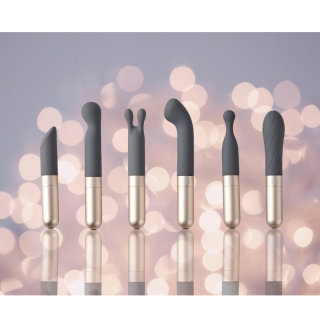
The team at Love not War have created a very simple vibrator with a very simple concept – more orgasms, less waste.
It comes with a series of detachable heads which you can screw on (ahem) or off. The idea behind the vibe is that you only need to buy the base and charger once. Instead of ending up with several toys with multiple accessories and packaging. The toys are made from recycled body-safe materials too.
However, it’s the design of the heads that makes this stand out. It allows you to get creative with pressure so that if you prefer a firmer top (again ahem) then you can switch out that one. If you collect the set of five heads then you can mix it up depending on what you need at the time. This was a godsend for a neurodiverse tester working out what type of pressure they needed from a toy. In that it could be simply switched out.
The heads are all named after different words for love in various languages which is a nice touch. However, when it came to good vibes, the Amour and Kama attachments were head and shoulders above the rest.
5/5
Buy now: £69.99+ https://www.l-n-w.com/collections/heads
Lioness. Lioness 2.0
Okay so there is one downside to the Lioness, it isn’t available in the UK yet.
However, it’s one to note as it can offer a fantastic insight into the way our bodies….and our minds work together. We are counting down the days until it’s available in the UK.
On the face of it, the Lioness looks like an ordinary vibe. But it’s actually an impressive bit of technology. There are sensors at the side of the toy to measure pelvic floor movements and it feeds information to the app it pairs with to track your orgasm. It can tell you when your body changes, at what time and what intensity your orgasm is at.
The vibrator records this information over time too so you can see how your orgasm is getting better or if it’s getting worse. The goal of this is to help people understand their bodies better while improving relationships and helping aid experimentation.
It’s incredibly fun to watch how your orgasms change depending on circumstances. You can try different things to track how your body responds and you get an orgasm out of it. Science can be really good fun.
4.5/5
$229 https://lioness.io/products/the-lioness-vibrator
Satisfyer. Double Joy Partner Vibrator
The We-Vibe Doubl e Joy is definitely one for the couple who enjoy a bit of tech and a fancier vibe. The C-shaped vibrator is matched to an app which can be used as a remote control.
e Joy is definitely one for the couple who enjoy a bit of tech and a fancier vibe. The C-shaped vibrator is matched to an app which can be used as a remote control.
It might sound like a lot of toys that are on the market but it was another feature that caught our attention, one that allows you to pair it to music. Maybe not be to everyone’s taste but as a neurodiverse tester, anything that allows us to cut back on the minor noises that set off our ADHD and put off our orgasm could be helpful.
Additionally, it can be partnered with a Spotify playlist to create an immersive experience. It’s a huge upgrade from the early days of toys like this that connected to iPhones using far too many wires. Not a lot of vibrators feature this but it’s a case of a small design detail that could make a big difference for someone.
The toy is designed to be worn internally with one end inserted and the other on the clitoris. C-shaped vibes can be a bit tricky to fit if you are relying on someone for help, but not impossible. The vibe has 10 speeds or patterns that can be controlled on the toy through the app. You can also score some bonus speeds should you need to by using the app.
Double Joy is very carefully crafted with soft silicone which makes it easy to wear or adjust if you need to.
4/5
£44.95 https://www.ricky.com/products/satisfyer-double-joy-partner-vibrator
Self & More. Zumio X SpiroTip Clitoral Massager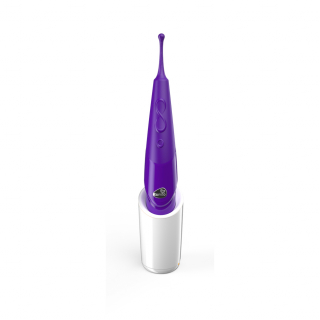
The Zumio X Spirotip may look a little strange, but the unusual design is what makes it a game changer. It’s a super-powerful direct clitoral stimulator that isn’t shaped like most bullets. It has been designed to mimic precise fingering and uses a rotating motor rather than vibrations.
The toy offers eight powerful speeds which can, despite its size but thanks to clever design, be quite intense. It does have a little bit of noise to it which is completely understandable due to its intensity.
The tiny head of the Zumio may look a bit different but has won design awards and is easy to see why. It is a powerful toy that is a great choice for anyone looking for a firmer choice or an intense experience. The lightweight toy can be taken into the shower too as its waterproof.
The charger is another reason why this is a great purchase. It comes with a dock rather than an awkward cable or magnet charger which means a lot less fuss. But be warned, this toy sells out fast and currently has a waiting list so you need to get in there quickly.
4.5/5
£99 https://bodyjoys.co.uk/products/zumio-x-couples-stimulator



 Online dating
Online dating 


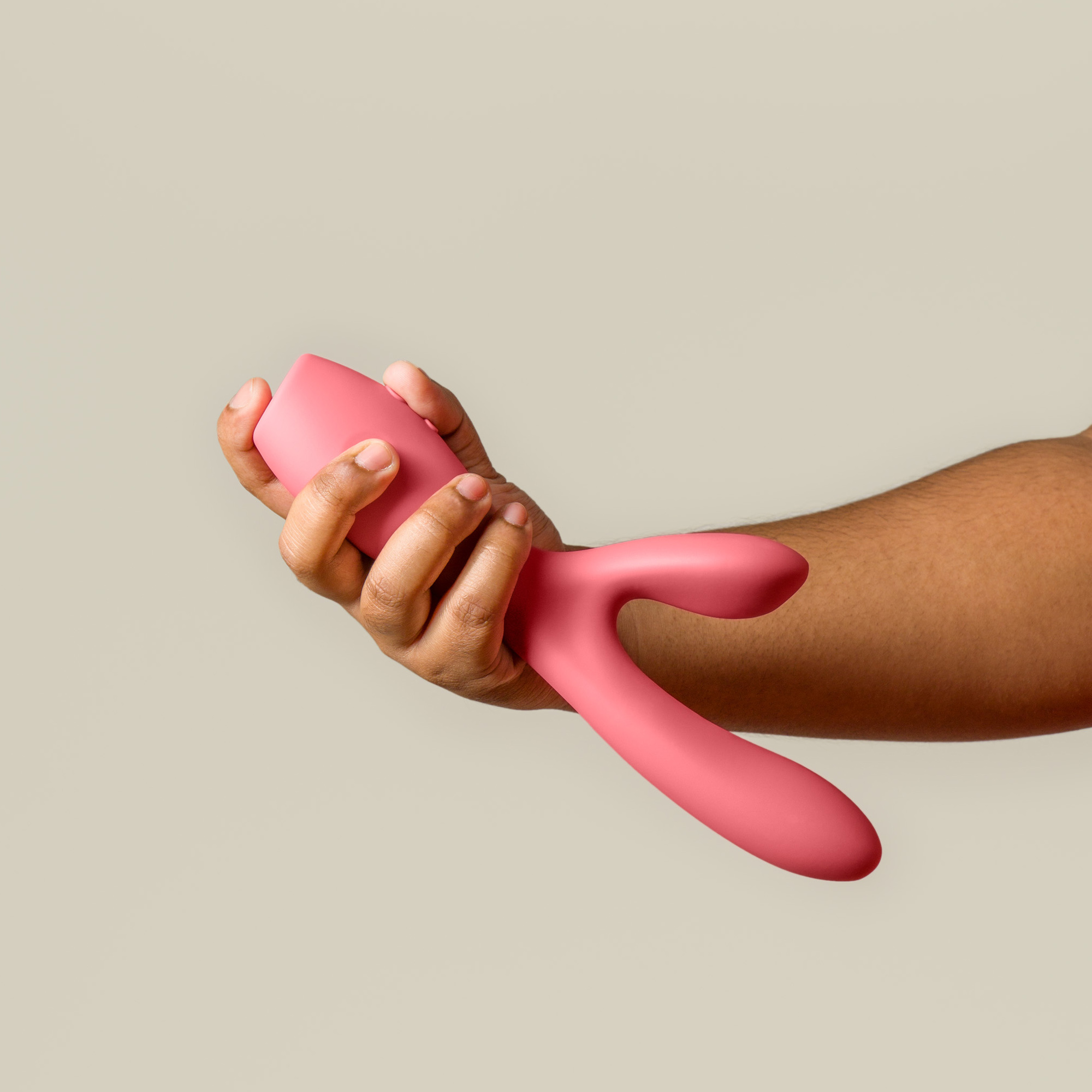
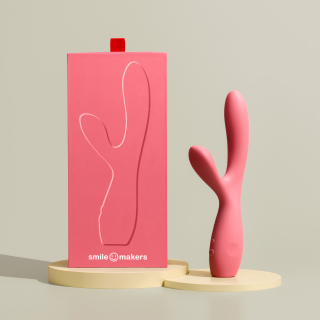 The Smile Makers. The artist vibrator
The Smile Makers. The artist vibrator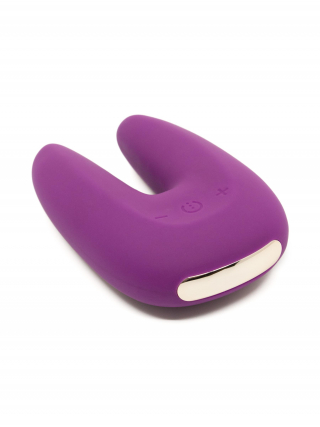 Ann Summers. The Whisper Clitoral stimulator
Ann Summers. The Whisper Clitoral stimulator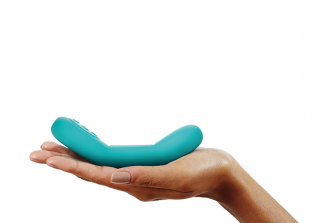 Mystery Vibe. Poco vibrator
Mystery Vibe. Poco vibrator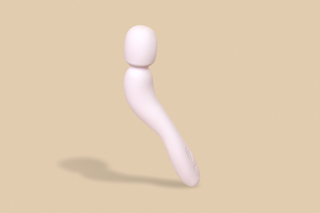 Dame products. The Com
Dame products. The Com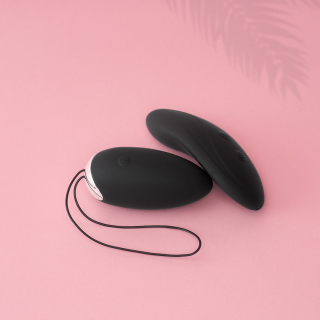 Sinful 2 in 1 Bliss
Sinful 2 in 1 Bliss
 As a person with ADHD, I have stopped mid-application and quit because I can tell by the form I’m reading that it’s not worth my time. Things like timed tasks and math tests may sound like a good way to test candidates but what they tell me is that you are going to be a nightmare to work for as a neurodiverse person.
As a person with ADHD, I have stopped mid-application and quit because I can tell by the form I’m reading that it’s not worth my time. Things like timed tasks and math tests may sound like a good way to test candidates but what they tell me is that you are going to be a nightmare to work for as a neurodiverse person.


 My final lesson brings us back to my Extreme Burlesque. During my striptease I am allowed off the stage to roam around the audience.
My final lesson brings us back to my Extreme Burlesque. During my striptease I am allowed off the stage to roam around the audience.
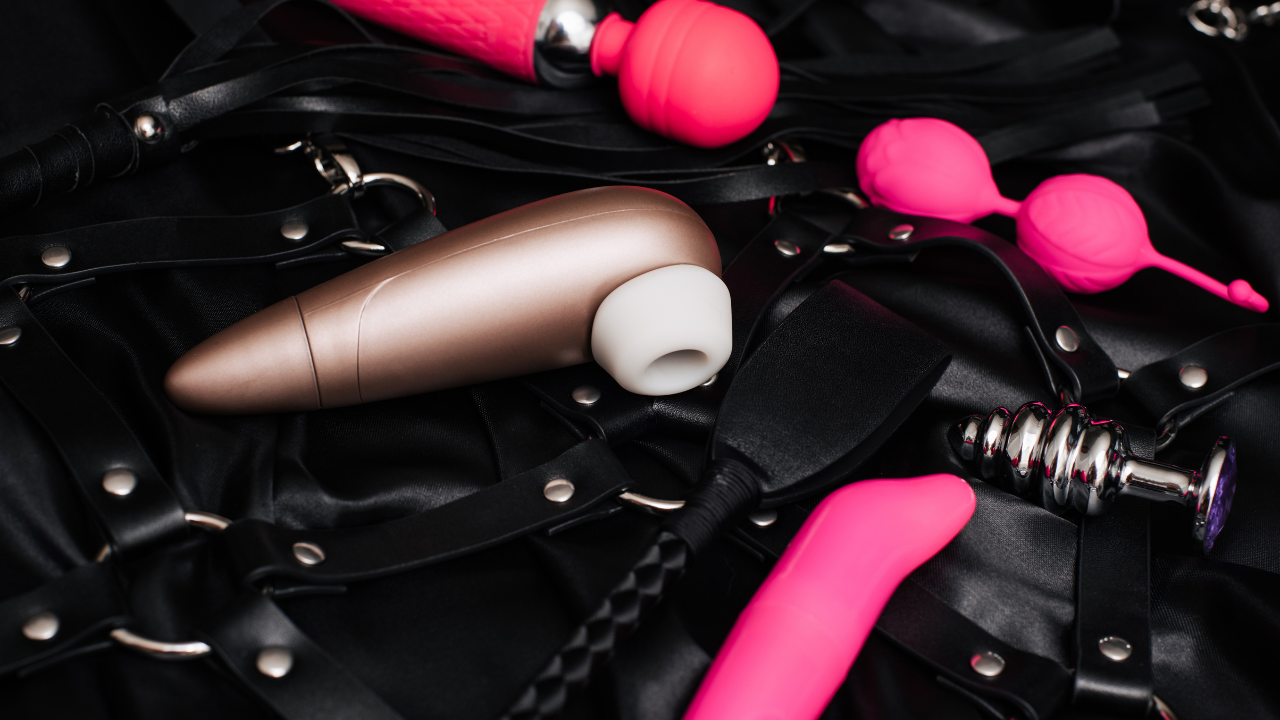

 In the past, if a doctor hasn’t heard of Holt-Oram they have generally blamed me by insisting that the symptoms I’m describing are psychological. Due to such little knowledge, a lot of the paediatric doctors I met refused to accept that their awareness was limited. This caused a huge neglect in my care, and worsened my symptoms as they remained untreated. As I’ve got older, awareness has improved and I finally have a great team of specialists – but it’s taken years of fighting to get this far.
In the past, if a doctor hasn’t heard of Holt-Oram they have generally blamed me by insisting that the symptoms I’m describing are psychological. Due to such little knowledge, a lot of the paediatric doctors I met refused to accept that their awareness was limited. This caused a huge neglect in my care, and worsened my symptoms as they remained untreated. As I’ve got older, awareness has improved and I finally have a great team of specialists – but it’s taken years of fighting to get this far.